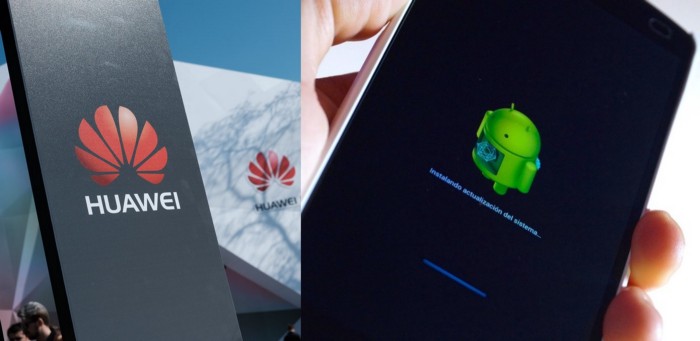Ever since the US-China trade war made it difficult for Huawei to rely on the presence of the Android operating system, the Chinese tech giant made it clear that it’s perfectly poised to switch to a new OS and continue its progress unimpeded. This claim was emboldened when Huawei introduced HongMengOS, known as HarmonyOS in English, as the open-source solution to its operating system problems. This has naturally resulted in comparisons of both operating systems and sparked debate as to which one is better. Here’s a run-down of HarmonyOS, and how it differs from Android, so that you can get a better idea of what Huawei is bringing to the table.
To start with, HarmonyOS isn’t something that Huawei concocted on the fly as an immediate response to the ongoing trade war. Instead, it has been in the works for almost a decade now, and represents a deeper company goal to produce an OS that will enable them to deal with the challenges inherent to an era of explosive technologies like 5G and AI. According to Consumer Business Group CEO Richard Yu, HarmonyOS is a brand new microkernel-based, distributed OS for all scenarios.
Crucially, It does not intend to compete with Android, nor is it based around it. It has been developed with the aim of creating a low latency and high security solution that can be deployed across multiple devices and platforms. As an open-source system, it will allow developers to swiftly and comfortably adapt their apps to the platform. In fact, Huawei is currently developing more tools that will enable cost-effective migration of apps from their respective ecosystems (including Android) to HarmonyOS.
Yu believes that HarmonyOS can succeed in this world because it has been in the works for a fairly long time now, and it has been tested on multiple devices with extremely satisfactory results. Additionally, since it is introducing its own open-source ecosystem and does not intend to compete with any system in particular, it is in an excellent position to thrive as an ideal platform for development, deployment and collaboration. It welcomes all kinds of users, as it targets the global market, and it is going to be compatible with other major operating systems like Android and iOS.
Therefore, as the name suggests, HarmonyOS is supposed to exist in harmony among the current set of operating systems, while creating value for itself at the same time by offering a unique environment that can be utilized by both developers and consumers to continue making progress in a rapidly changing world.





 How to open an account at Meezan Bank
How to open an account at Meezan Bank